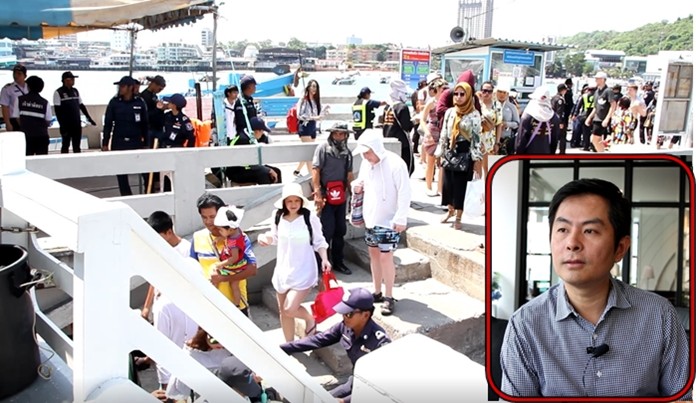
The strong baht is taking its toll on Pattaya tourism as fewer foreign tourists come to Thailand and more Thais flex their spending power overseas instead of on the Eastern Seaboard.
Ekasit Ngampichet, president of the Pattaya Business & Tourism Association, July 1 blamed the beefy baht – which appreciated more than 5 percent against the U.S. dollar in the first half – on the decline in Chinese tour groups.
Ekasit said the strong currency has also made it cheaper for Thais to travel overseas so many domestic tourists who might come to Pattaya are instead heading aboard.
The baht has been Asia’s best performing currency in 2019, supported mainly by the opposing monetary policies of the Thai and American central banks.
The Bank of Thailand hiked its benchmark policy rate in December and has remained neutral throughout the year. The U.S. Federal Reserve, meanwhile, is leaning toward cutting interest rates, which is pushing down the dollar.
Thailand’s export and tourism industries also generate a large current-account surplus, which exerts upward pressure on the baht.
British nationals have seen the pound decline even faster against the baht due to the economic fallout from the Brexit quagmire.
Ekasit said hoteliers need to reduce room rates to offset the rise in the baht and create more interesting tour packages.
But he warned that long-term room-rate cuts will damage the industry and suggested the government should step in with subsidies.




